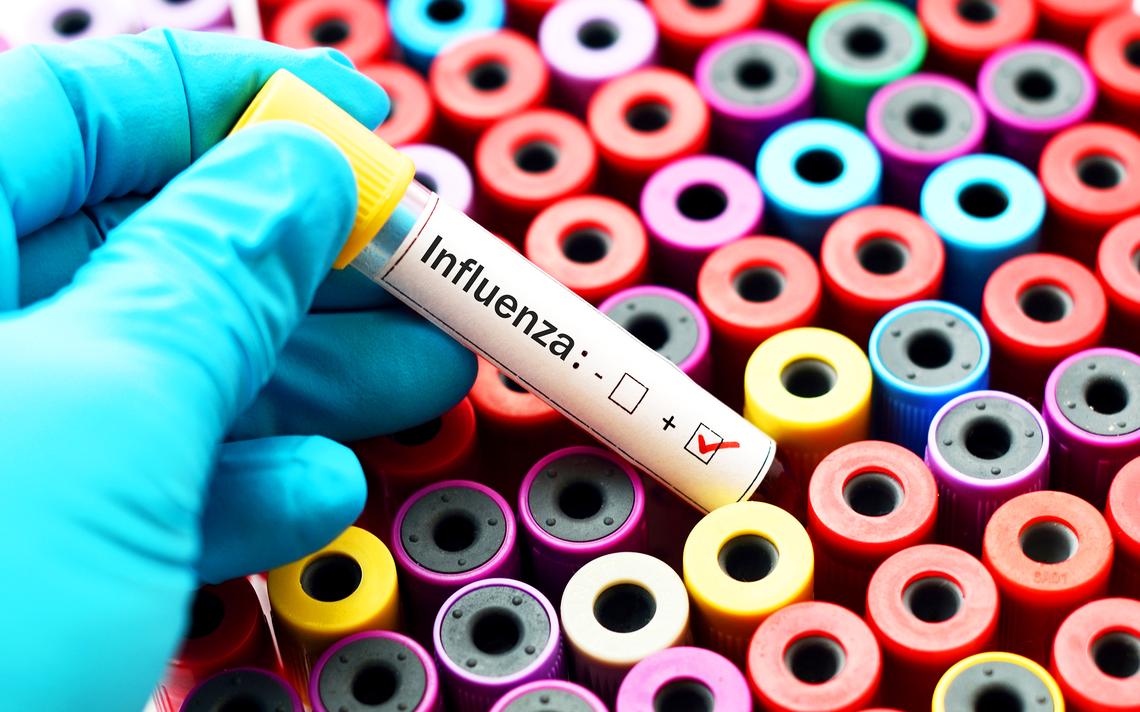Taking care of ourselves more during the cold season

Notwithstanding the fact that scientists and medical experts are working round the clock in coronavirus research, the season for colds and flu will soon start, joining COVID-19.
The coronavirus is already new territory for science, and the effects of its combination with influenza are equally unknown. There is much speculation about what is to be expected and what will or could happen when these two dangerous infectious diseases come together. This is what is making it so difficult to prepare adequately for the cold time of year.
The flu is a regular feature of the cold season but we can be vaccinated against it, and this could be of an advantage in diagnosing cases of coronavirus as well. Medical experts are saying that if people, who will be vaccinated against influenza, still have flu symptoms, it could be more likely not influenza. This, in turn, could make it easier to decide matters regarding home quarantine and getting a clear diagnosis.
Every winter, doctors’ waiting rooms are full of people who are coughing and sniffing but who mostly turn out to have only a respiratory infection. According to current knowledge, the virus that causes COVID-19, is also likely to be subject to seasonal fluctuations.
Most experts agree that there is unlikely to be a vaccine against the coronavirus by the time the next wave of influenza comes around. Even if a vaccine were to be approved, many unknowns remain. It is possible to speculate that having influenza could facilitate the entry of the coronavirus into the human body.
However, it is uncertain how dangerous this double infection could ultimately be and what can be done about it. Nevertheless, we must arm ourselves against all three diseases — colds, flu and COVID-19. But how do we deal with COVID-19?
Probably people can only hope that if they get the illness, they will have a mild form with as few after-effects as possible. Here, it will certainly help to stick to suggested rules on hygiene to reduce or prevent our exposure to the virus.
The same hygiene measures with which we are trying to get at least some kind of grip on COVID-19 also apply to influenza. The less we come into contact with viruses, the greater the chance that we will be spared an infection or that it will be mild.
These measures include general hygiene precautions such as frequent hand washing and the wearing of protective face masks. The various hygienic measures against COVID-19 will also reduce the spread of influenza. Possibly, further connections of a more immunological nature will be discovered.
Let us hope that is the case, because the flu season hasn’t even started.
